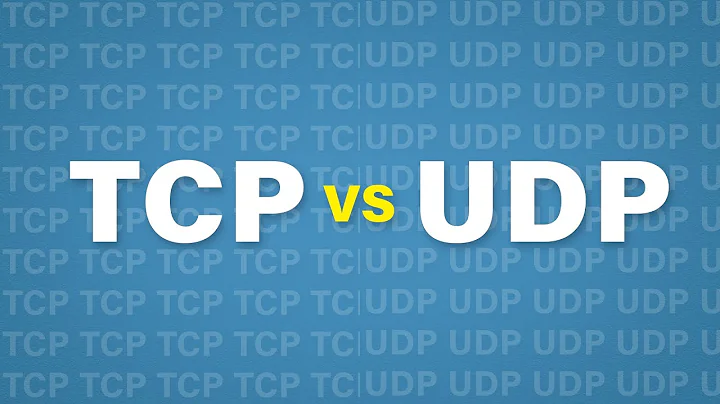Why ICMP is different that TCP and UDP?
Solution 1
ICMP is a control protocol, meaning that it designed to not carry application data, but rather information about the status of the network itself. The best known example of ICMP in practice is the ping utility, that uses ICMP to probe remote hosts for responsiveness and overall round-trip time of the probe messages.
Both Transmission Control Protocol (TCP) and User Datagram Protocol (UDP) are transportation protocols, they are used to pass the actual data. The main difference between TCP and UDP is that TCP is a connection oriented protocol, it guarantees that all sent packets will reach the destination in the correct order.
UDP, on the other hand, is a connection-less protocol. Communication is datagram oriented, so the integrity is guaranteed only on the single datagram. Datagrams reach destination and can arrive out of order or don't arrive at all. It's generally used for real time communication, where a little percentage of packet loss rate is preferable to the overhead of a TCP connection.
Solution 2
The primary difference is that TCP and UDP are for transferring application data (i.e. whatever the app desires), whereas ICMP is a "control" protocol that transfers information about other protocols.
Related videos on Youtube
Bidhan
Updated on September 18, 2022Comments
-
Bidhan over 1 year
what is the difference between Internet Control Messaging Protocol over Transmission Control Protocol and User Datagram Protocol
-
user1686 about 8 yearsOf course it's different – what use would be a bunch of identical protocols?
-





